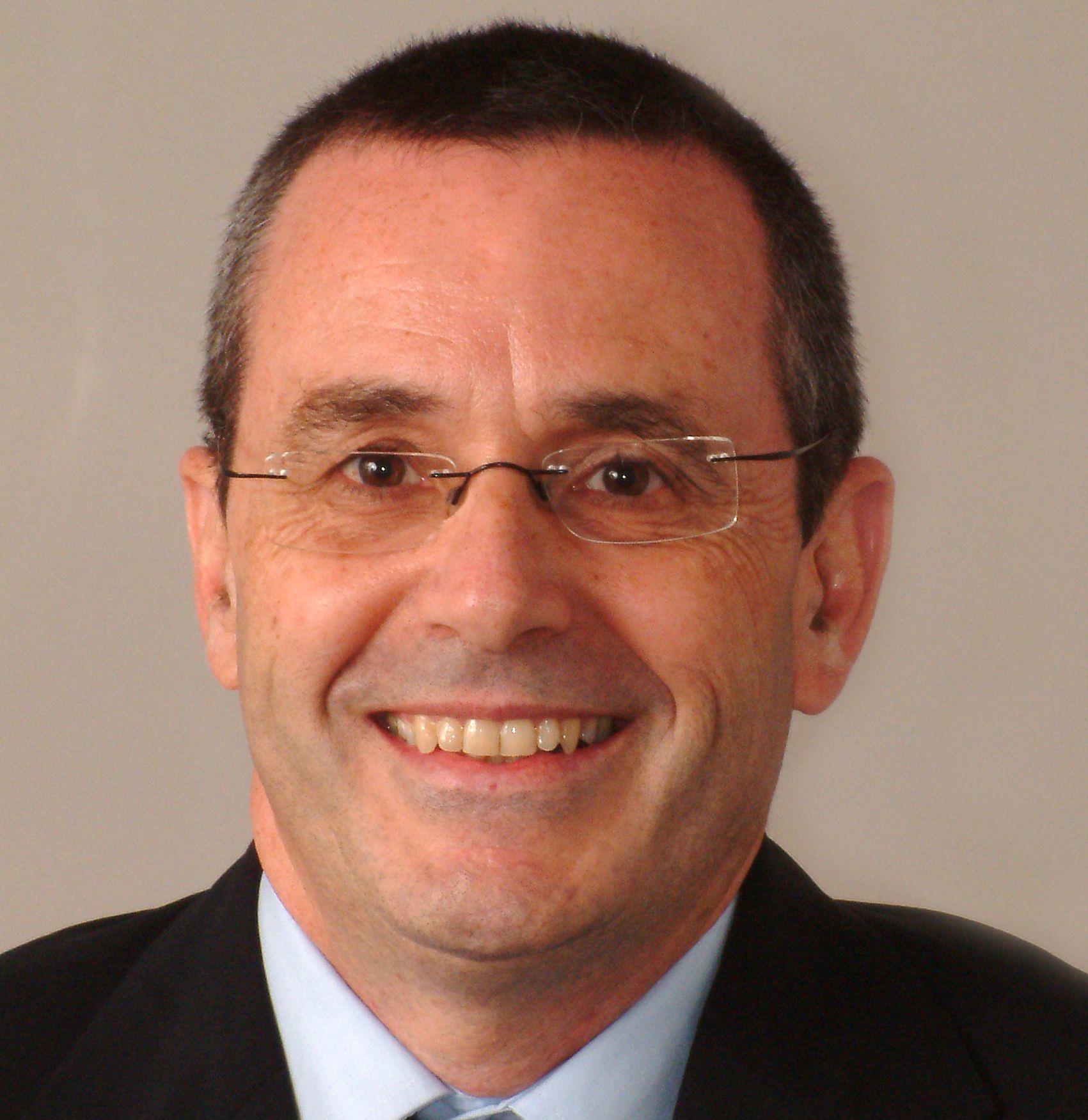Gene Therapy Safe for Continued Study in Phase 3 Ovarian Cancer Study
An independent board has determined that ofranergene obadenovec is safe allowing the phase 3 OVAL study to continue.
Dror Harats, MD

An independent Data Safety Monitoring Committee (iDSMC) found no safety issues with ofranergene obadenovec (VB-111) and advised that the pivotal phase 3 OVAL study for women with recurrent ovarian cancer should continue as planned, according to a statement from VBL Therapeutics, the company developing the gene therapy.
"This review continues the trend of encouraging reviews that have taken place since the clinical trial began," Dror Harats, MD, chief executive officer of VBL Therapeutics, said in a statement. "The trial continues to enroll on track in the United States, Europe, and Israel. We look forward to the next DSMC review during the third quarter of 2021, followed by completion of enrollment at the end of 2021 or in early 2022.”
Ofranergene obadenovec is manufactured using a replication deficient adenovirus 5 to have a dual mechanism of action. The first is a partially artificial angiogenesis promoter labeled PPR-1-3X, which targets endothelial cells within angiogenic blood vessels. Once the endothelial cells are targeted, they are killed by a TNF/FAS chimera death receptor transgene, cutting off the blood supply to the tumor. In addition to the release of neoantigens from tumor necrosis, the utilization of a viral vector further draws the immune system to the tumor, resulting in further anti-tumor response, VBL theorizes.
OVAL is a phase 3 randomized study investigating paclitaxel in combination with either ofranergene obadenovec or placebo for women with recurrent, platinum-resistant ovarian cancer. The primary end point of the study is overall survival (OS), with secondary end points focused on progression-free survival, objective response rate, and response by CA-125 levels.
Early results from the first 60 patients enrolled in the study were released in March 2020, showing promising signs of activity. In this assessment, data were not released specifically for each treatment arm; however, across all patients, 53.3% experienced a CA-125 response. At this analysis, the iDSMC concluded that treatment with ofranergene obadenovec was at least 10% superior to placebo arm and the study was allowed to continue.
In these interim data, if randomization was even between groups, the CA-125 response rate with ofranergene obadenovec would be 58%, the company hypothesized. Moreover, in patients who experienced a post-dosing fever, which is an indication of an immune response, the CA-125 response rate was 69%. There were early signs that a response was associated with improved survival, although these data are early (P = .067).
“The encouraging interim readout in this randomized controlled study, together with the promising data seen in the earlier VB-111 phase 2 are signals for the potential of VB-111 in platinum-resistant ovarian cancer, an indication with a major unmet need," lead investigator Bradley J. Monk, MD, US oncology medical director of Gynecologic Oncology Research and a professor at the University of Arizona College of Medicine, said in a statement when the data were released.
In final data for the single-arm, phase 1/2 study for ofranergene obadenovec, which were presented at the 2019 ASCO Annual Meeting, the CA-125 response rate in patients treated with a therapeutic dose of the gene therapy was 58%. A post-dosing fever was seen in 29% of patients in this study and was associated with improved OS. In those receiving a therapeutic dose of ofranergene obadenovec, the median OS was 498 days.
In addition to ovarian cancer, ofranergene obadenovec has also received orphan designation in both the United States and Europe as a treatment for patients with recurrent glioblastoma multiforme (rGBM). Additionally, the agent was given a fast track designation from the FDA for rGBM. The phase 3 GLOBE study assessed the gene therapy in combination with bevacizumab versus bevacizumab alone. However, in findings from this study, the combination failed to show an improvement in outcomes. Results from OVAL are anticipated by the end of 2022.